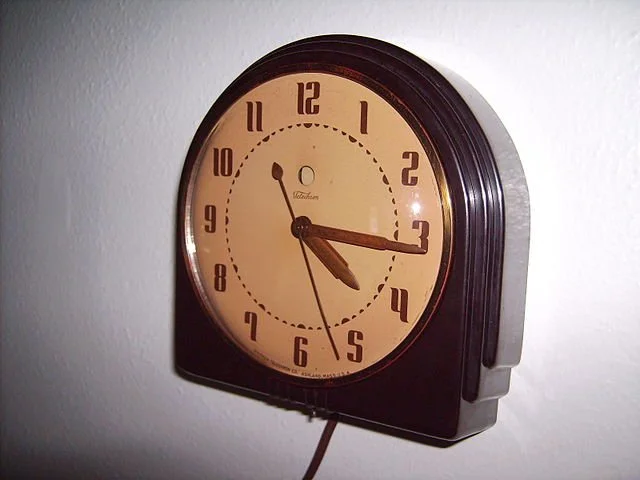Filtered by Category: Litigation
![Politics and Commercial Litigation]()
Part of why I rarely see the influence of politics in my work is because of stare decisis. In general, courts follow the rules set forth by appeals courts. And so judges have limited opportunities to carry out the bidding of powerful interests if doing so required making new law. To do so may require a case with no existing precedent, which may be rare, or a case that proceeds to appeal, which may also be relatively rare for many commercial cases, which often settle.
Read More
![More Thoughts on Litigation Expenses]()
For me, I often find the magic number to around $300,000 - disputes about a number below that amount, in many circumstances, are hard to make work economically.
Read More
![Cryptocurrency Disputes]()
Because cryptocurrency litigation is relatively new, judges are not as familiar with it as they are with other kinds of business claims. Some are savvy, while others are skeptical. As a result, lawyers take great care to explain basic concepts in cryptocurrency to judges who may be new to the field so that the judges take the claims seriously instead of dismissing them because they seem strange or nonsensical.
Read More
![Updated Thoughts on Document Requests]()
In the body of a document request, an attorney will set forth numbered requests for documents. The number of requests may vary, but it is not uncommon for a document request to have fifty or more numbered requests. In my experience, some requests are broad and others are specific.
Read More
![2025 Document Review Strategies]()
Companies often compile spreadsheets or other documents that are helpful to better understand the facts of the case or to evaluate claims made by witnesses. I try to keep an eye out for documents like employee directories, monthly financial statements, and organization charts.
Read More
![Securities Fraud Claims]()
The basis for many securities fraud claims is a Securities and Exchange Commission rule called Rule 10b-5. That rule essentially prohibits anyone from lying in connection with securities. Often this is in connection with the sale and promotion of securities, but the rule also applies to statements made by a publicly traded company to the marketplace in general.
Read More
![Taking a Deposition]()
The deposition should start by following the script of questions that the lawyer prepared. But witnesses will frequently give unexpected answers. This is why I keep an eye on the transcript (I usually pay extra for the “Real Time” screen that lets me see the transcription of what was just said) and, if the answer leads to more questions or if the answer is unclear or unresponsive, I follow up until I get a clear answer.
Read More
![More Thoughts on Temporary Restraining Orders]()
Temporary Restraining Orders frequently arise in disputes arising from the use of confidential material or intellectual property. This may be because it is difficult to quantify the damage arising from improper use of confidential material and so a money judgment may not properly compensate a plaintiff.
Read More
![More Thoughts on Releases]()
In a settlement negotiation, the defendant's main objective is to get a release from the plaintiff. A defendant usually offers the plaintiff money in exchange for a promise by the plaintiff not to sue and to end any existing litigation. But the defendant usually also wants a release from the plaintiff because it legally ends the threat of any future litigation by the plaintiff on the subject of the dispute.
Read More
![More Thoughts on Confidentiality]()
Lawyers are not public relations specialists, and so they may not consider how a particular argument could be viewed in the court of public opinion or how a statement could be viewed out of context.
Read More
![Litigating From Home]()
When I worked in an office, I almost always bought lunch at local lunch places. In midtown Manhattan, that would cost millions of dollars each week. Now, I make sandwiches, eat leftovers, or make other quick meals.
Read More
![Deadlines]()
Unlike the deadline to answer an initial demand or pleading, the deadline to file an appeal is often strict. A good appeal, filed late, may be dismissed for the lateness alone. As a result, litigants have to be vigilant to make sure they file their notices of appeal on time.
Read More











